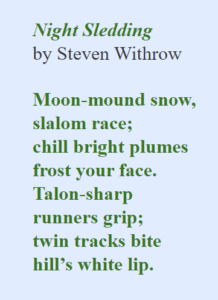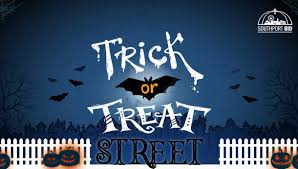What is Reading Comprehension?

Reading comprehension is crucial to exam success.
Reading comprehension is, quite simply, understanding texts. Comprehension is crucial to becoming a good reader. Teachers and parents agree that there is little point to reading without understanding!
Furthermore, reading comprehension is tested at the end of Year 2, Year 6 (SATs) and Year 11 (GCSEs). If you live in Trafford, your child may sit grammar school entrance exams, which always include a comprehension passage. Many further education colleges will only accept students with a GCSE English grade of 4 and above. Finally, reading comprehension is a skill needed for all areas of study, including maths, science and humanities.
At Better Tuition, we have helped hundreds and hundreds of young people hone and perfect their reading comprehension skills. Not surprisingly, we’re considered experts in the field.
Here are our very best suggestions for improving reading comprehension skills. Some apply to younger children and some apply to older children.
General Guidance for Good Reading Practice
-
Join the library and visit it frequently. Enjoy choosing books with your child.
-
Read to and with your child. Listen to your child read.
-
Talk about what you have read. You’d be surprised how often children will listen quietly to a story, or read it aloud confidently, without thinking about it or understanding. Ask ‘Who is this story about?’ or ‘What do you think will happen next?’.
Specific Guidance for Completing Reading Comprehension Tasks
-
Scan the questions briefly. This will give purpose to your reading.
-
Read the passage carefully and methodically.
-
Read the questions again, highlighting key words such as ‘Who’, ‘Why’, ‘Where’, ‘What’, ‘How’ and ‘When’. This will help you ensure you are answering the right questions!
-
Be aware of how many marks are available for each question. This will help you to know how much you should be writing and how long to spend on each question.
-
Use evidence from the text but don’t copy out long passages. Just use brief quotes, properly punctuated by quotation marks. If you want to use a longer quote you can shorten it like this: “Witness this army … event”
This method replaces words with an ellipsis, saving you time.
-
Always explain the quotations you have lifted from the text. This is how you demonstrate understanding of what you have read.
-
Don’t forget to reread the question after you have written your answer: make sure you have not misinterpreted the question!














 Nrich Maths offers a host of interactive maths activities for ages 5 – 11. It’s fun to join in and do this alongside your child.
Nrich Maths offers a host of interactive maths activities for ages 5 – 11. It’s fun to join in and do this alongside your child.







